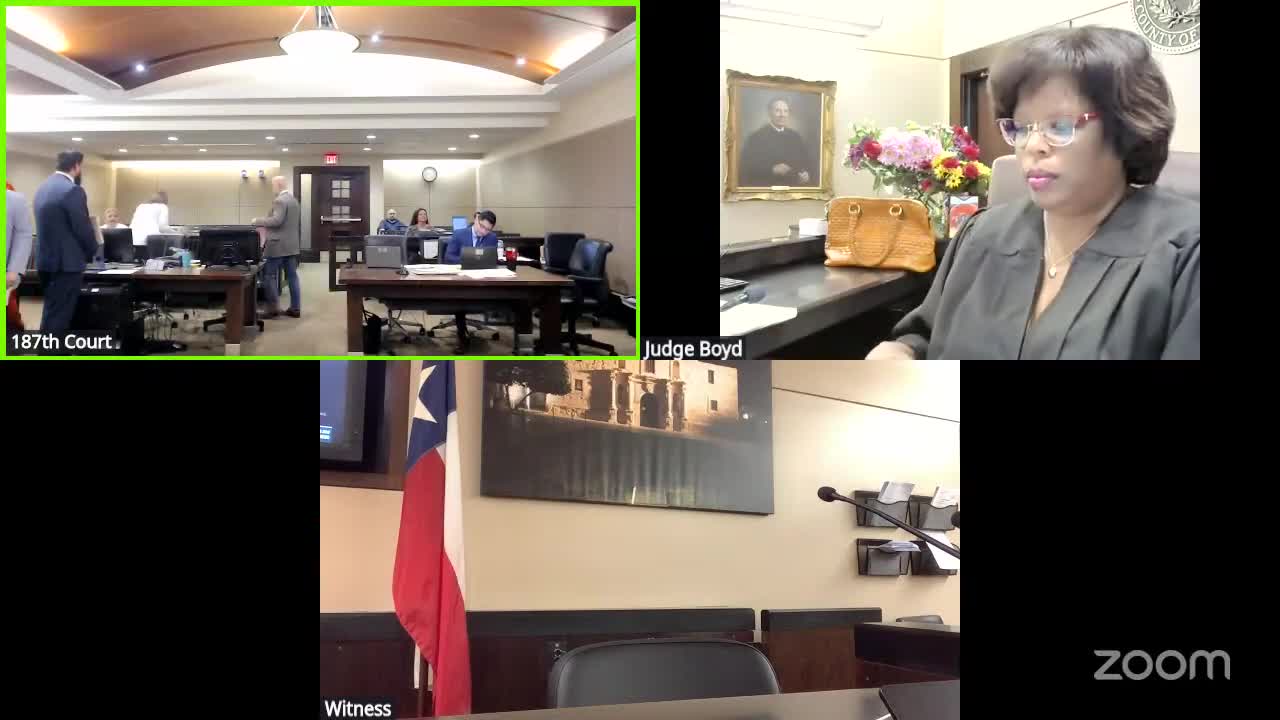Article not found
This article is no longer available. But don't worry—we've gathered other articles that discuss the same topic.
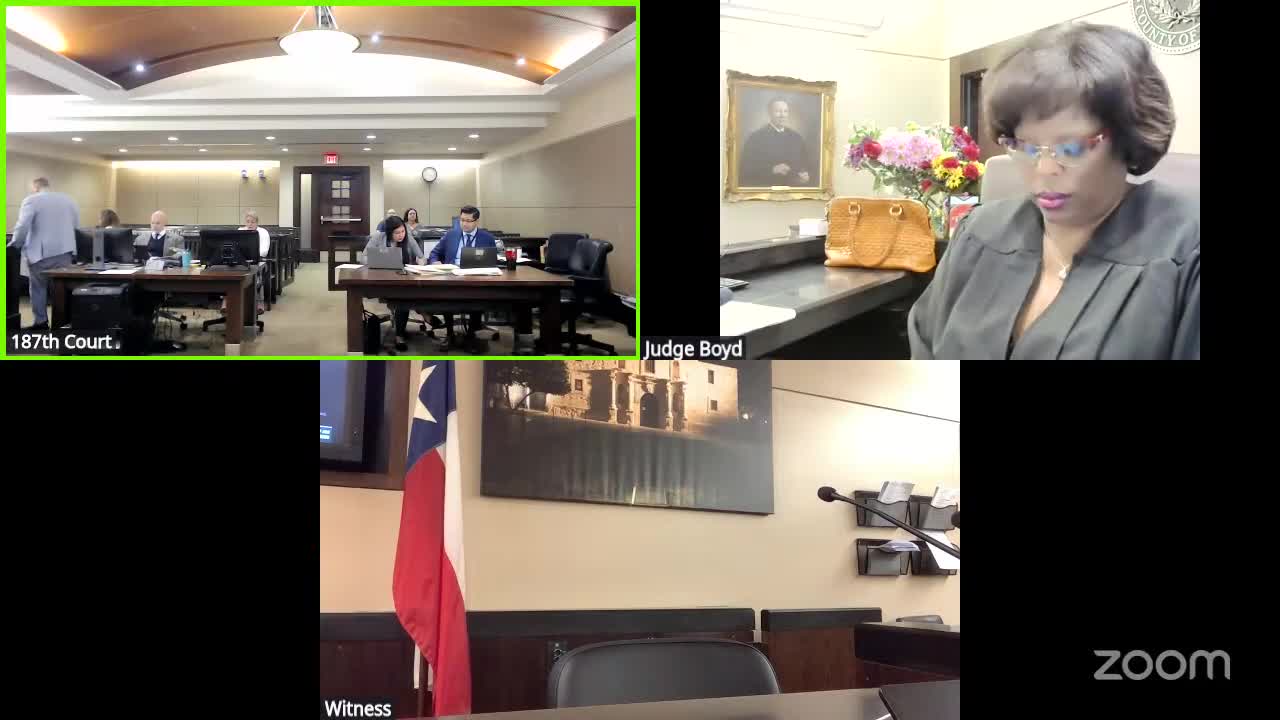
Judge sentences woman to probation, orders rehab and monitoring after third-degree DWI plea
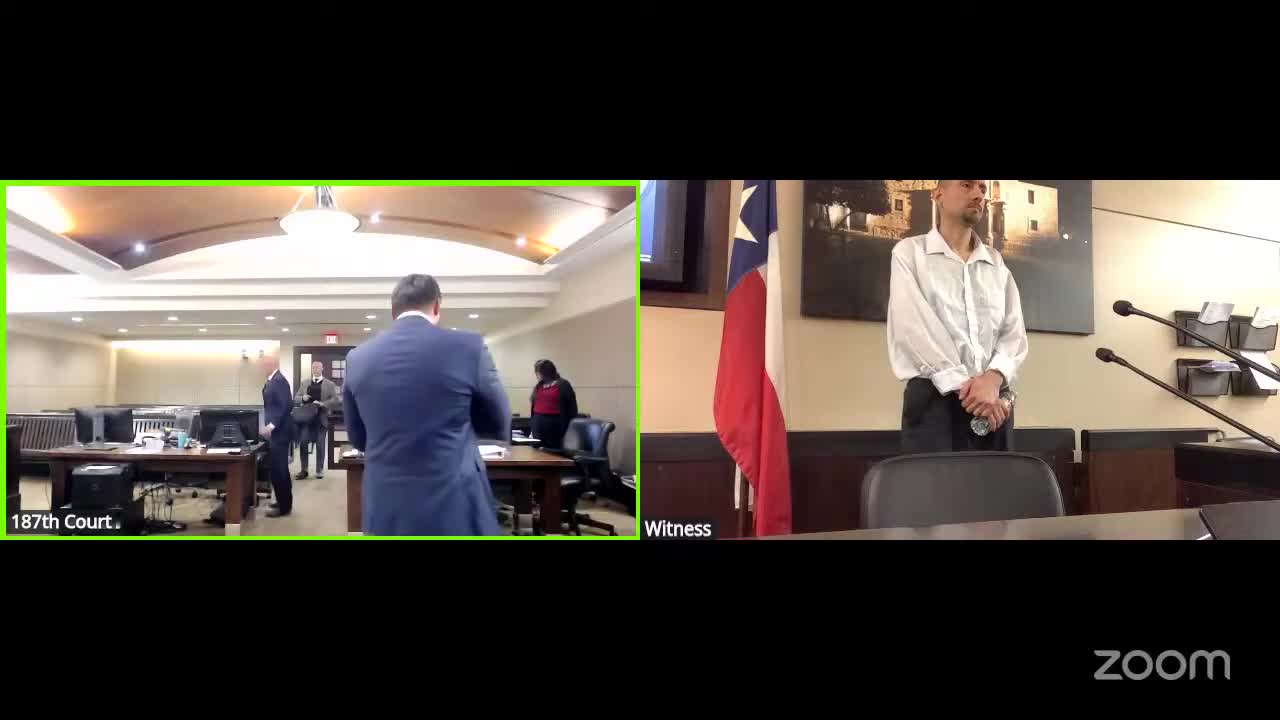
Judge grants deferred adjudication in robbery case, requires treatment and community service
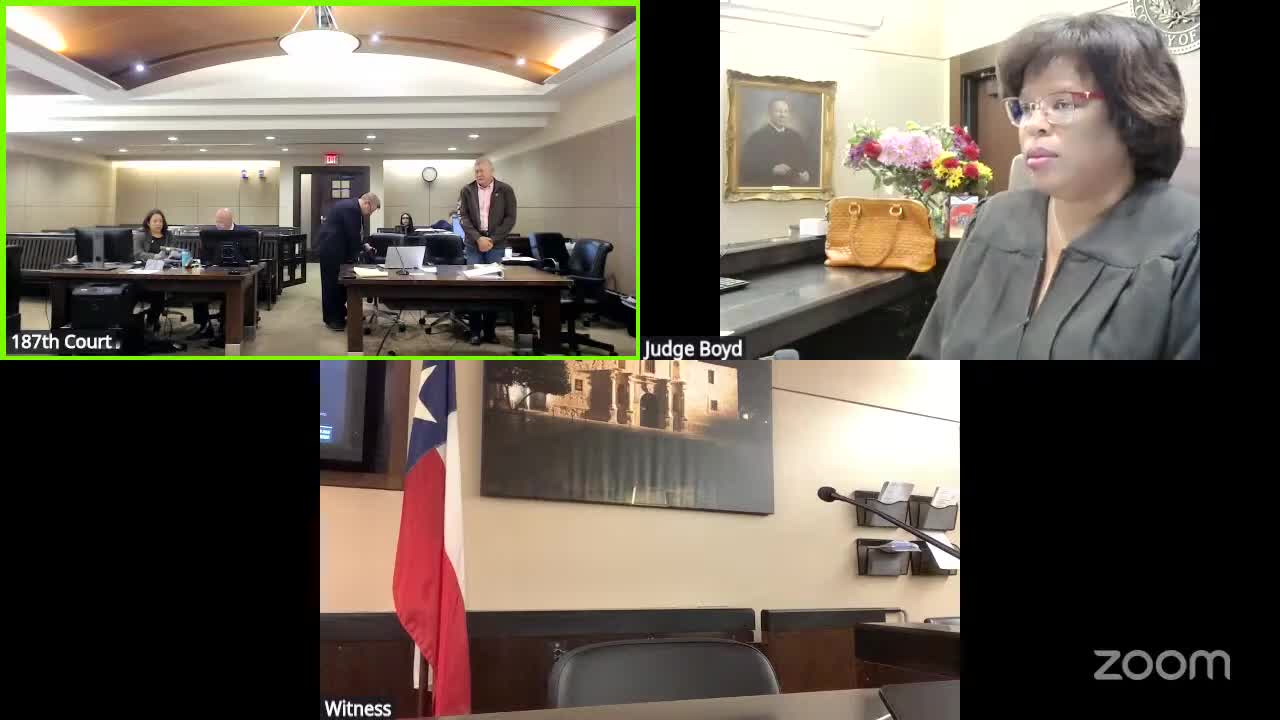
Trial in assault case highlights conflicting witness accounts and surveillance video; defense disputes edited footage
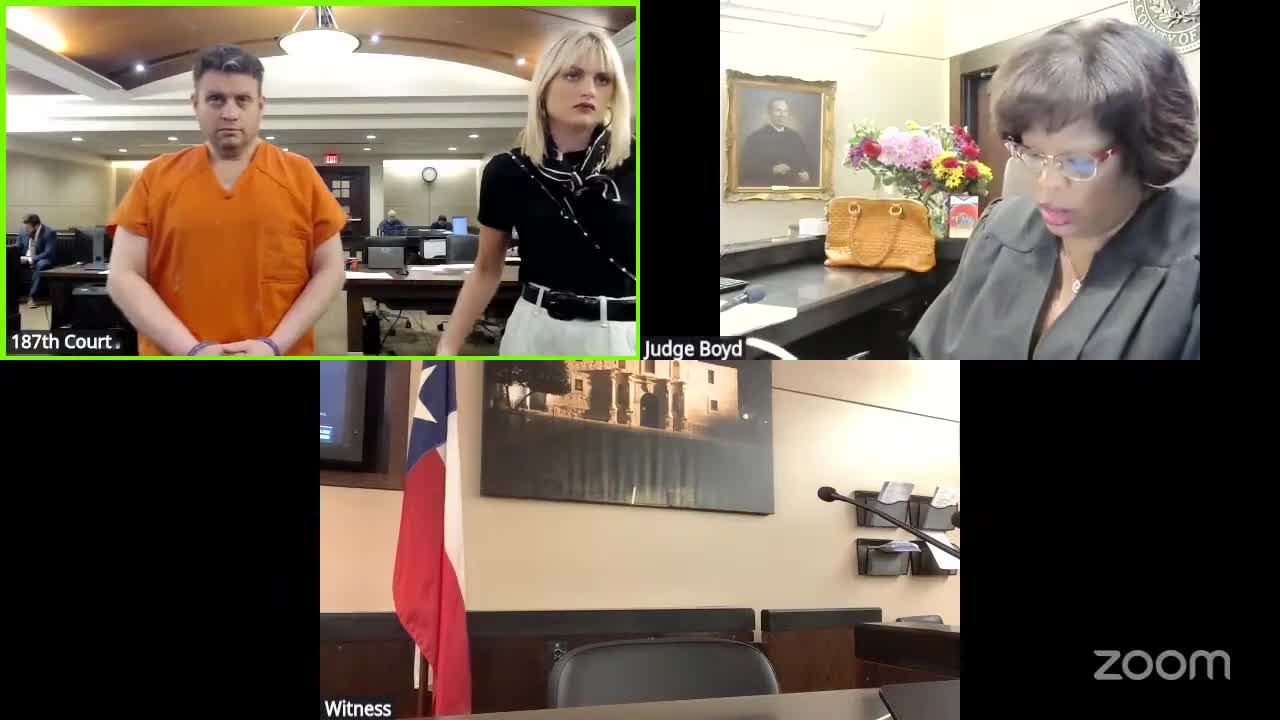
Man accepts deferred adjudication for indecency count; judge imposes decade-long supervision and no-contact with minors
